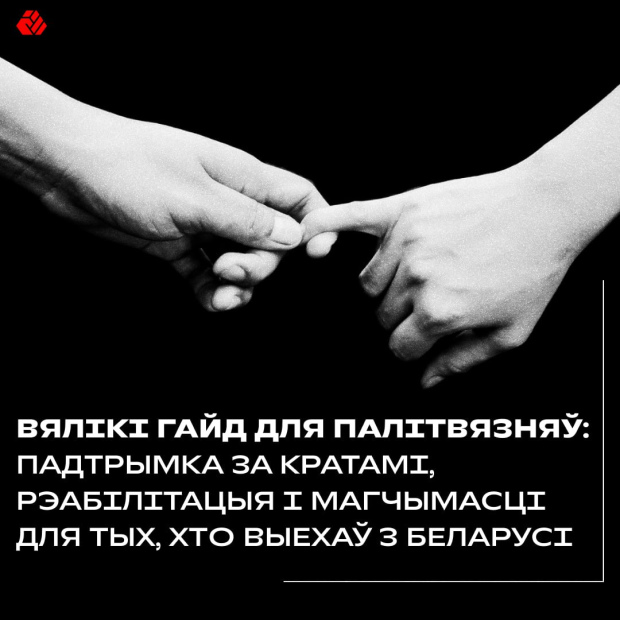First part of the guide is here.
For Political Prisoners Planning to Leave Belarus:
-
Evacuation and Departure: Assistance with evacuation from the country if necessary or relocation. If you need help with departure, fill out the form: Evacuation Request Form from Bysol.
-
Consultations and development of an evacuation plan.
-
Help with visa processing: In cases of urgent evacuation, assistance with visa processing may be possible. However, the final decision lies with the consulate, and support is limited to urgent cases (if the person has a week to leave).
Visa and residence permit consultations are available through BYSOL: @bysol_support on Telegram.
If someone wants to leave, the evacuation service can either offer consultations or develop a "turnkey" departure plan if the situation is complex.
"We can try to help with visa processing in urgent cases," says Alexey Liavonchik, "However, it’s important to understand that the final decision is made by the consulate. We have established partnerships, but they are unfortunately limited to urgent situations, as consuls in Belarus, including at the Lithuanian and Polish embassies, are physically unable to process a large number of visas. Therefore, we can only support cases that require urgent assistance. If there is a need to leave today or within a week, we will try to help. However, in situations where the person has more time, such as two weeks, we cannot always guarantee support due to the high volume of requests and limitations."
Visa support is included in the evacuation service package, but each case is handled individually. Sometimes, even in urgent cases, it is impossible to obtain a visa for various reasons. We work on each case separately, and it’s impossible to guarantee the same support for all political prisoners.
For Those Who Have Left:
-
Housing: Temporary housing may be provided for those who have left the country. Locations include Warsaw, Wroclaw (Poland), Sakartvelo, Batumi, Tbilisi (Georgia), and Vilnius (Lithuania). Apply here.
-
One-time stipend: Awarded individually as part of the BY_help rehabilitation program.
-
Medical rehabilitation: Financial support for treatment, including examinations, treatments for diseases that developed or worsened in prison, dental care, and emergency surgery costs. This is part of the BY_help program. Apply here. Medical rehabilitation in Poland and Lithuania is similar to the system in Belarus. It is also available in Georgia. Entry into the program, regardless of country, is through this link.
-
Psychological rehabilitation: Assistance in overcoming psychological difficulties after imprisonment. BY_help program. Psychological help from A "Country to Live in" foundation is available through @stranafund_psy_Bot on Telegram.
-
Food packages: Organized delivery of packages for political prisoners and their families. Managed by INeedHelpBy. You can contact the "Emergency Humanitarian Aid" service (one of four organizations).
-
Legal assistance: Legal consultations or even legal representation. "A Country to Live in" foundation, @strunufund_nigris_bot on Telegram.
-
Migration consultations: Legal consultations and other assistance regarding migration issues (help with legalization, including obtaining a residence permit), especially in complex cases. "A Country to Live in" foundation, @strunufund_nigris_bot on Telegram.
-
Retraining for those who have been imprisoned for more than 2 months or are under house arrest through BYSOL. Currently, there are 4 courses: three groups studying English (10 people each, levels B1, A1, A2), a web design course (15 people), and an SMM course (22 people). These groups are already closed for new participants. Applications were open to anyone who had been imprisoned for more than 2 months or under house arrest, regardless of whether they were in Belarus or abroad.
-
"Cultural Exchange Program" for children of political prisoners: Recreation for children of political prisoners. Follow updates from "A Country to Live in" foundation here.
-
Information support: "Volnyya" and the Belarusian Youth Hub (legal consultation center).
After leaving the country, we can also provide information on accommodation, one-time stipends, and medical assistance. An important area of our work is legal aid, especially for those facing difficulties with residence permits or other forms of legalization.
Alexey Liavonchik emphasizes that assistance for those who have left is also not provided as a "package." For instance, the one-time stipend for those who have left should be considered a possibility, not a right. "The decision depends on the project team’s assessment according to the criteria we follow." Why? For example, because shelters cannot accommodate everyone, nor can we provide financial assistance to all who leave.
"We also have one-time programs, like medication reimbursement," says Alexey Liavonchik. "Such programs can be initiated by any member of our coalition, depending on available funds. For instance, the 'Country for Life' foundation recently introduced a medication reimbursement option, which eased some of the burden on BY_help. The availability of such programs is always under review, so it's best to check directly with coalition members."
Coordination and Information Sharing
You can contact any of the organizations in the "Humanitarian Ambulance Service". The organizations collaborate and exchange information to provide comprehensive support and avoid re-verification of applications.
“We have established coordination for information sharing regarding those who need help. If a person contacts one organization, for example, even Volnyja (which is not part of the coalition - ed.), and that organization cannot provide the necessary assistance, they refer them to us,” explains Alexey Liavonchik from BY_help. “Similarly, if someone contacts BY_help with a request for family assistance that falls outside our mandate, we direct them to the appropriate organization that handles humanitarian aid, both within and outside the coalition."
“We collaborate with various organizations, including Volnyja, INeedHelpBy, and other coalition partners. No re-verification is needed: once a person enters one of the systems, we trust that verification, allowing a single entry point for receiving assistance. Likewise, if BY_help receives a request to cover legal fees, the initiative will check whether the person has submitted the same request to another initiative that provides similar support.”
Most Demanded Types of Aid
When asked about the most requested types of aid, Alexey Liavonchik, founder of BY_help, responds: “In fact, almost everything I’ve mentioned is in demand. It's a full support cycle—from helping those in prison to rehabilitating those who have been released."
He explains that the organizations offer diverse forms of assistance: "And all of these types are in demand." One-time payments for those recently released are very consistent—almost everyone who gets out and learns about the program applies for this help. Demand for evacuation support also remains steady, and from my observations, it is even growing.”


 Continue
Continue
